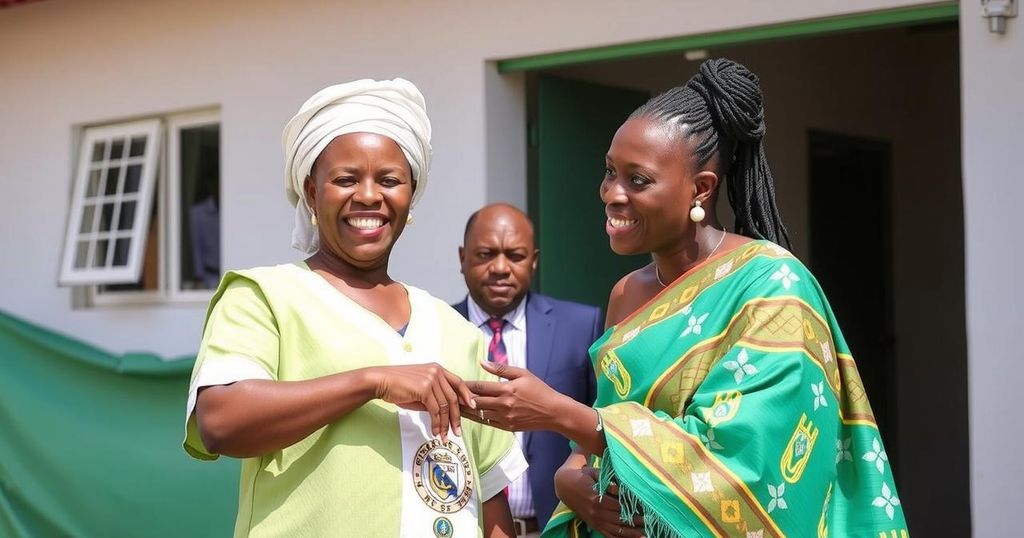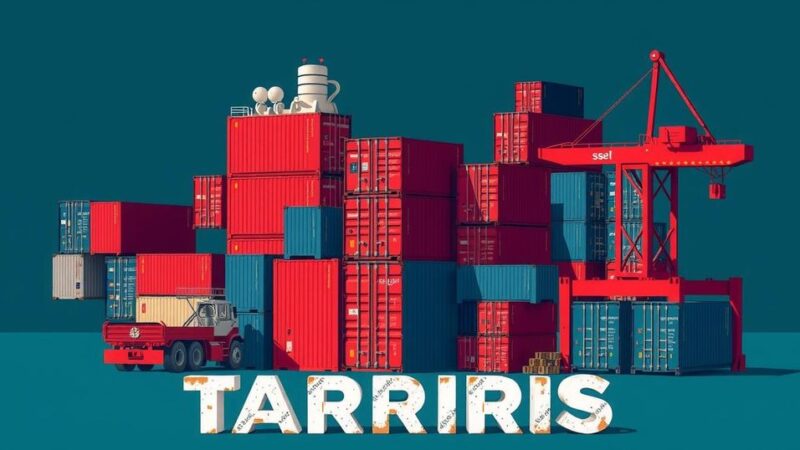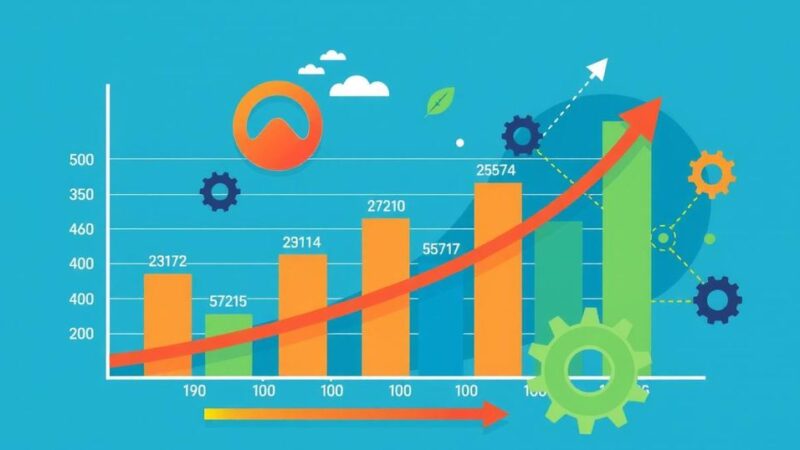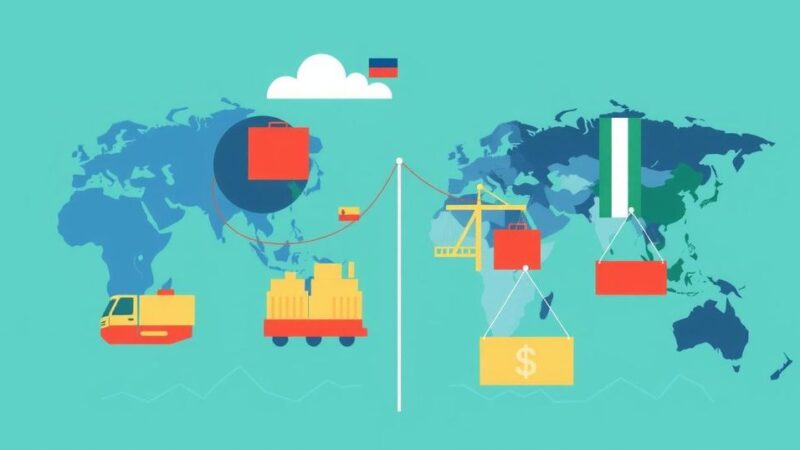In 2024, The Gambia received over US$775.6 million in remittances, a rise of US$28.8 million from the previous year, contributing 31.5% to the GDP. Factors like improved monitoring, increased formal channels, and technology facilitated this growth. Key areas of expenditure include household consumption and construction. Moving forward, efforts are needed to attract sustainable investments, lower remittance costs, and enhance data collection to further benefit from remittances.
In 2024, The Gambia experienced a substantial increase in remittance inflows, receiving over US$775.6 million, marking a rise of US$28.8 million from the previous year. This notable contribution, comprising approximately 31.5% of the country’s Gross Domestic Product (GDP), underscores the remittances’ vital role in the national economy. Factors contributing to this growth include improved monitoring systems, increased use of formal remittance channels, and technological advancements in sending remittances, as noted during the recent Stake in the Nation Forum held at the Sir Dawda Kairaba Jawara Conference Centre.
Mr. Njie, a prominent figure at the forum, stated that the primary sources of these remittances are the United States, Europe, and other African nations with established Diaspora communities. The remittance funds predominantly support household consumption, education, healthcare, and small-scale investments, thereby contributing to community and household development. A survey indicated that 36.9% of total remittances are allocated to household consumption, while private construction accounts for 51.8%.
While the benefits of remittances to economic growth are evident, Mr. Njie emphasized the need to create opportunities that encourage the Gambian Diaspora to undertake larger, sustainable investments. He suggested improving the country’s business environment, offering attractive investment incentives, and ensuring political stability to attract investment. Furthermore, partnerships with financial institutions are necessary to lower remittance transfer costs to meet the global target of 3% by 2030, which would enhance the overall impact on the economy.
Moreover, Mr. Njie advocated for strengthening data collection mechanisms to gain insights into remittance inflows and utilization patterns. The Central Bank of The Gambia is actively working on developing the non-bank remittance sector to boost formal remittance channels. Recently, it completed a review of guidelines for fintech and forex bureau operations, aiming to regulate remittance operators and enforce anti-money laundering measures effectively.
In conclusion, although The Gambia has made significant strides in improving remittance inflows and usage, there exist considerable opportunities to further utilize these finances for personal and national development, enhancing the overall economic landscape.
In recent years, remittances have emerged as a crucial pillar of The Gambian economy, representing a significant portion of GDP. The country’s reliance on remittance inflows from its diaspora, primarily in the United States and Europe, reflects the broader trend seen in many developing nations where overseas workers contribute economically to their homeland. Understanding the dynamics of remittance contributions is essential for policymakers as they seek to leverage these funds for sustainable development and growth. Furthermore, the role of fintech in streamlining remittance processes highlights the intersection of technology and economic development.
The recent surge in remittance inflows to The Gambia illustrates the importance of these funds in supporting the economy and driving development at both personal and community levels. However, there remain imperative opportunities to maximize the economic impact of remittances through improved investment conditions, cost reductions in remittance transfers, and enhanced data collection. By fostering a conducive environment for the Diaspora to engage in sustainable projects, The Gambia can harness the full potential of its remittance economy, contributing to long-term national prosperity.
Original Source: thepoint.gm






